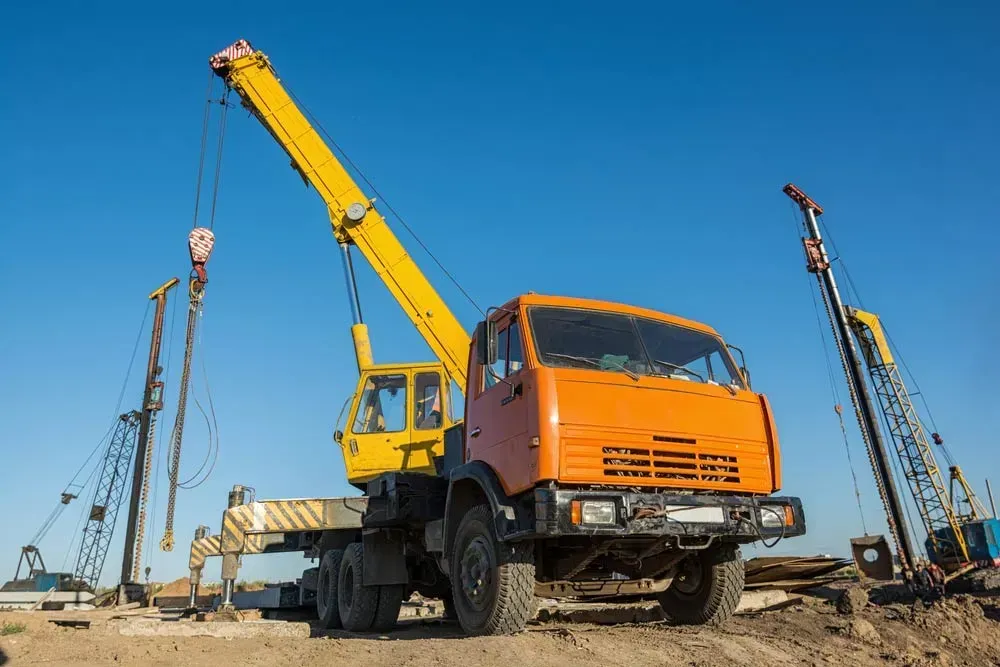What Impact Do Local Regulations Have on Crane Operations?

Permits Required for Crane Operations
Operating cranes require appropriate permits, which vary depending on the nature and location of the project. Without these permits, crane operations could face legal issues or even shutdowns, so getting this step right is crucial.
- Workplace health & safety permits: These are necessary to ensure that all crane operations are carried out safely, protecting workers and the public.
- Council permits: These apply if your crane operations affect public roads or spaces. For example, if a road needs to be closed for a lift, a permit is required from the local council.
- Traffic management plans: In urban or congested areas, it may also be necessary to submit a traffic management plan to ensure public safety during crane operations.
Adhering to Local Safety Standards
Safety is non-negotiable when it comes to crane operations. Local regulations enforce strict safety standards to prevent accidents, safeguard workers and protect the public. Meeting these standards is essential to avoid penalties and project delays.
- Regular equipment inspections: Cranes must undergo regular safety checks to meet operational standards. These inspections help prevent mechanical failure during critical lifts.
- Qualified operators: Only licensed and trained operators are legally allowed to handle cranes. This ensures that the equipment is managed by someone who understands its capabilities and limitations.
- Site safety measures: Safety barriers, warning signs and proper communication protocols are often required, particularly on busy construction sites or areas with heavy pedestrian traffic.
Operational Restrictions in Urban Areas
Cranes are impressive machines, but their size and scope can present challenges, especially in densely populated urban areas. Local councils enforce specific operational restrictions to minimise disruption and ensure public safety.
- Noise restrictions: Many councils limit crane operations to specific hours to reduce noise pollution in residential or commercial areas. Breaching these rules could result in fines or enforced work stoppages.
- Restricted zones: Certain areas, such as near schools or hospitals, may have stricter operational controls to ensure the safety of vulnerable populations.
- Height restrictions: In some urban areas, there may be height limitations due to nearby buildings, trees or even flight paths, which need to be factored into crane hire planning.
Contact Us Reliable Crane Hire on the Sunshine Coast
At AMAC Cranes, we offer comprehensive crane hire services that comply with all local regulations and industry standards. Our team ensures that every aspect of your crane operations—whether it's securing the right permits, adhering to safety standards or complying with environmental laws—is handled professionally and efficiently.
Need a crane for hire that ensures safety and compliance? Get in touch with us today to see how we can help.












